Director Denis Villeneuve on the making of Dune
Interview: Villeneuve chats shooting on location, Blade Runner and his love of Dune.

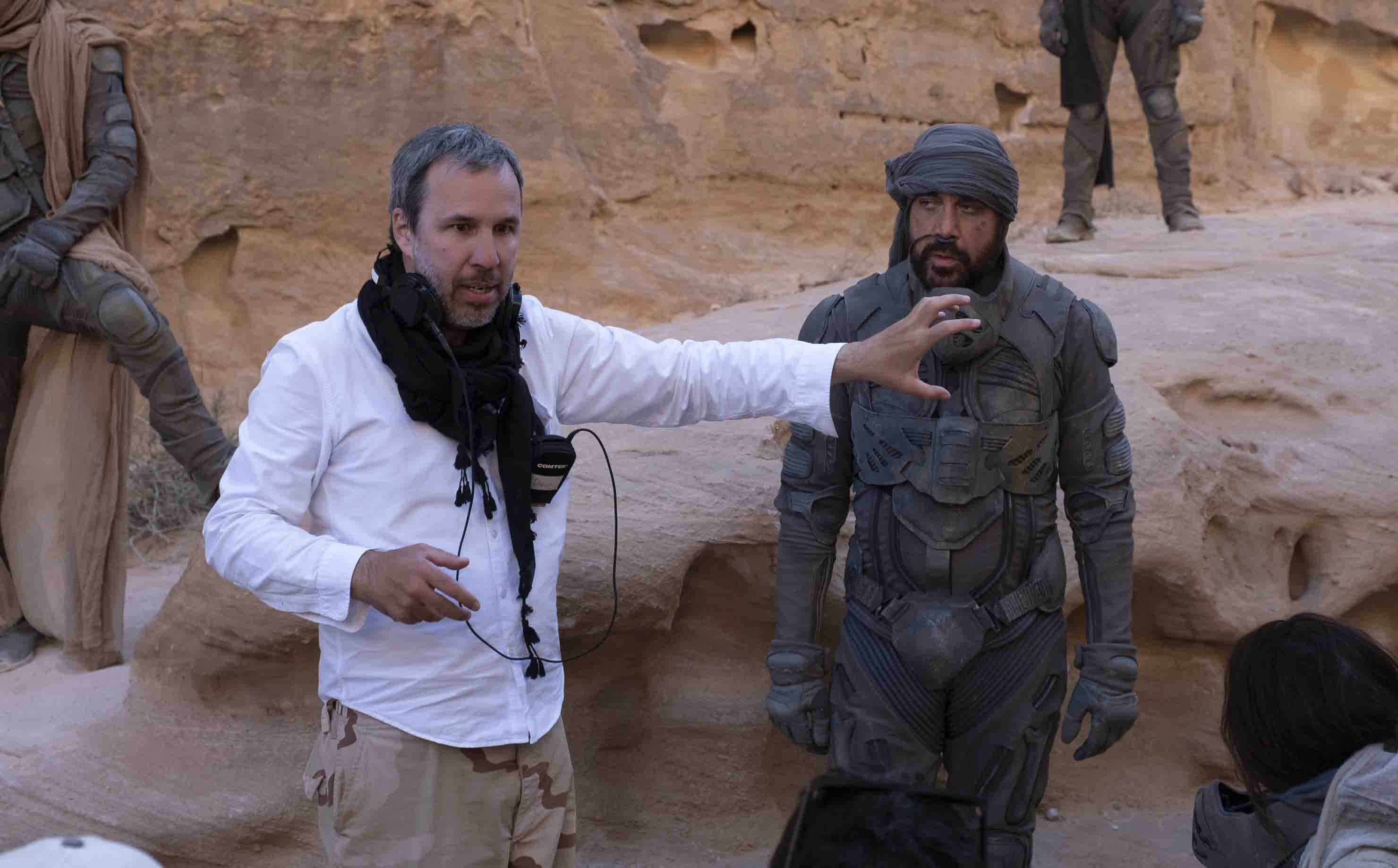
Get exclusive shortlists, celebrity interviews and the best deals on the products you care about, straight to your inbox.
You are now subscribed
Your newsletter sign-up was successful
Dune is the latest, stunning epic from French-Canadian director Denis Villeneuve. No stranger to big projects, this is his second stab at a famous sci-fi franchise, having already brought us the magnificent Blade Runner 2049.
For him, though, Dune is his baby. It's a movie he has wanted to film since he was a teenager and he picked up the book for the first time.
Here he speaks to ShortList about how he brought his unique vision of Frank Herbert's sprawling novel to life, how shooting on location was essential to the life of the film and just why he ended this, the first part of a two-part movie, when he did...
UPDATE: Legendary Pictures has revealed that we will definitely be getting a Dune Part 2. They confirmed it through their Twitter feed. The following interview was done before this news was announced.
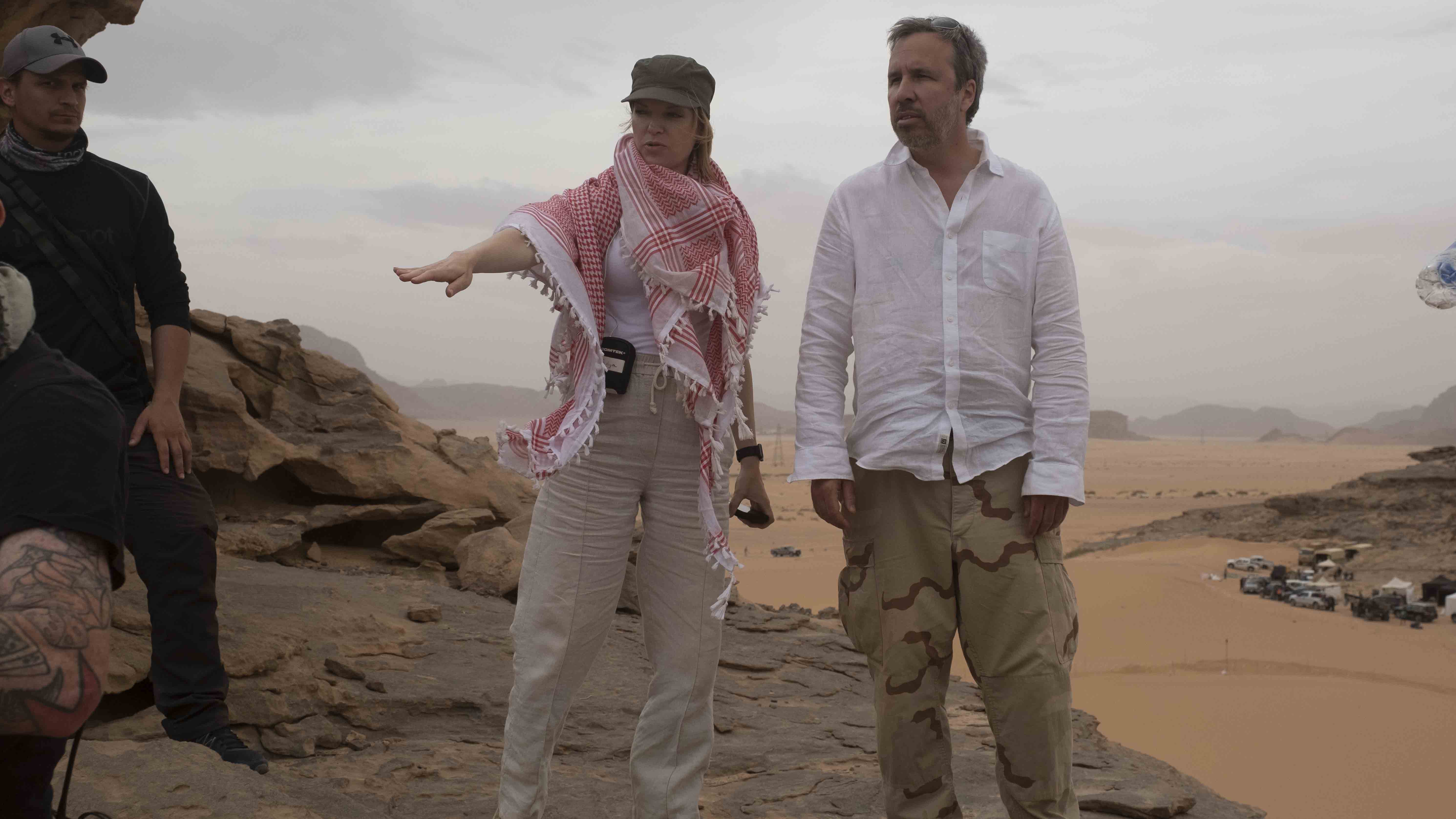
ShortList: The real-world locations in Dune are stunning. Was it important for you to shoot on location for Dune?
Denis Villeneuve: It was essential for me, it was not a negotiation. I imposed the idea to shoot on relocation because I strongly believe that we will all be inspired by the impact of those landscapes. And it was similar for the actors and I. I would have never been able to do that movie on a backlot.
These landscapes bring an emotion and meaning to the movie and they are part of the story, too. We are following a boy, whose psyche modifies as he's getting deeper into the landscape so I needed that presence. I am not someone that can... I'm old fashioned. I come from a documentary [background] and I'm used to creating cinema that's in a relationship with reality and trying to inspire myself from the elements.
Get exclusive shortlists, celebrity interviews and the best deals on the products you care about, straight to your inbox.
So, it was not a negotiation, it was something that was crucial.
SL: Timothee Chalamet is exceptional as Paul Atreides and Rebecca Ferguson is amazing as his mother, Lady Jessica Atreides. Their relationship feels key to the first part of the movie. Did you do anything special on set to make sure that they bonded?
DV: You can't fake chemistry between actors. We spend time together at the beginning and there's always preparation with the actors but I always say that the intellectual work of a project is made in prep and then when you are on set, it is just time to make it reality. They got along, right from the start.
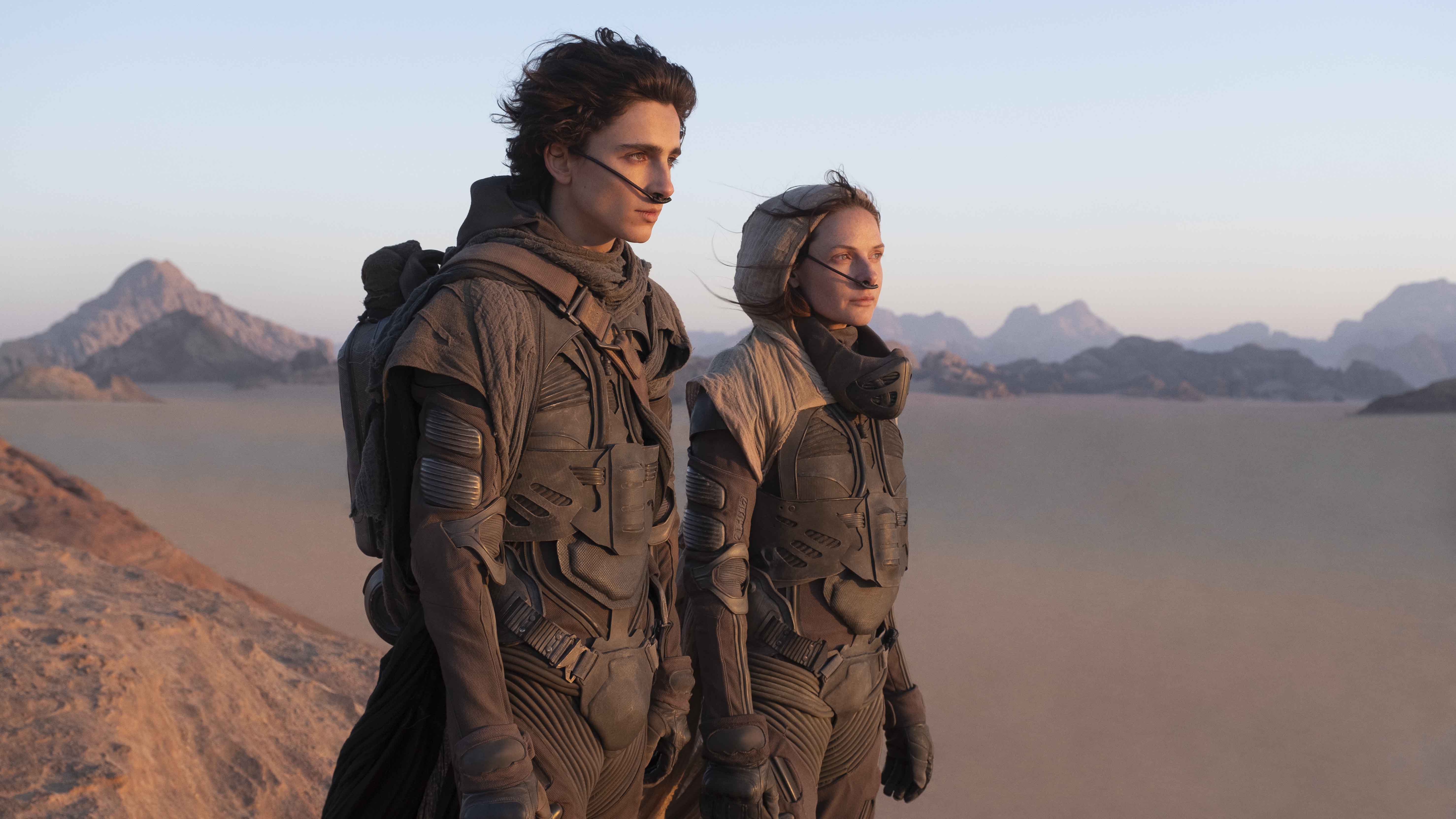
SL: We love that Baron Harken in the movie has a real Colonel Kurtz vibe to him. How much is that Stellan Skarsgard’s take on the character and how much of it is what you wrote?
DV: I brought this idea that the character should be inspired by Kurtz. I wanted the Baron to have more gravitas than in the book. In the book, the character didn't age very well... there’s a bit too much moustache twiddling.
I wanted to keep the main qualities of the Baron that Frank wrote, which is that kind of intelligence and that fear that emanates from the character. I focused on those elements, creating a Baron that is more of a taciturn predator - someone that is always thinking but a man of few words. That felt to me to be more accurate and more frightening.
There was a tremendous amount of work on the design of his shape as well to recreate some being that didn’t look like a gigantic baby but more like someone that has physical strength. And from there, of course, all the new answers came from Stellan [Skarsgard] who did a beautiful performance of this character.
He brought loads of little details. A good example is the idea that he will just keep on chewing [his food] as he is about to kill someone. It is a very tiny, horrific detail that came from the crazy mind of Stellan Skarsgard.
SL: You've gone from Blade Runner to Dune, two sci-fi franchises that have huge ardent fan bases.
DV: Yeah, but I will say that the experience of Blade Runner and Dune were very different. On Blade Runner I was really trying to honour and respect the work of someone else. On Dune it was more about trying to write a love letter to a book I love.
I never thought I would do a sequel in my life. So the person most surprised about doing Blade Runner was me!
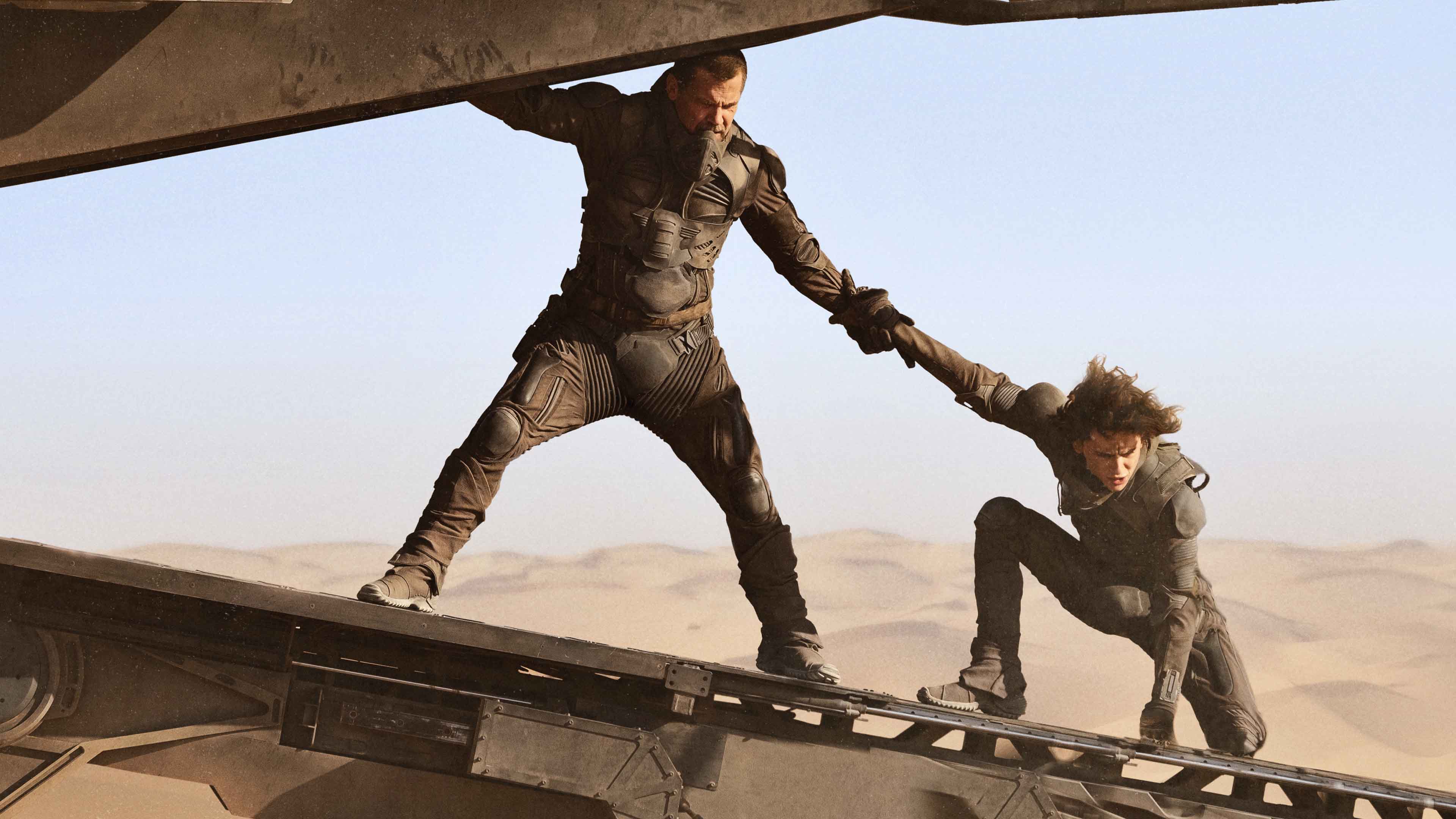
SL: Dune was always going to be a movie split into two parts. How easy was it to find the right point in the novel to end the first part of the film?
DV: My first instinct was to stop where it does stop now. And then we tried another attempt to stop it later when there's a natural time jump in the novel of two years. But it didn't work and we came back to the first idea.
The problem that you encounter is, if you go further into the story it feels like a new beginning, because it's like the characters are discovering a new world. We felt like it was the beginning of a new chapter and it was a bit unbearable after two hours and a half to start something new. It didn't feel right and that's why I went back to my initial idea.
SL: The book tackles some very heady themes of religion, politics and environmental issues. How did you go about getting the right balance in the movie to make sure you still have an entertaining blockbuster at the end of it?
DV: The idea was to try to [capture] the visceral feeling I had when I read the novel at 13 years old and being aware it was more about being in contact with the journey of Paul. I really tried to embrace the point of view of that boy. By doing that I felt I could tell the story in a pretty simple way but still trying to keep all those elements present without having them crushing the movie.
SL: We really like the way that you add in some of the backstory with Paul using the visual encyclopaedia.
DV: The 'film book' is something that was present in the novel, and it allows us to understand that Paul is a very curious young man, and that curiosity, this instinct to learn about another culture, learn about a new world and being interested by this new world, will later save his life. And so that was very important for me to feel that appetite of learning from Paul.
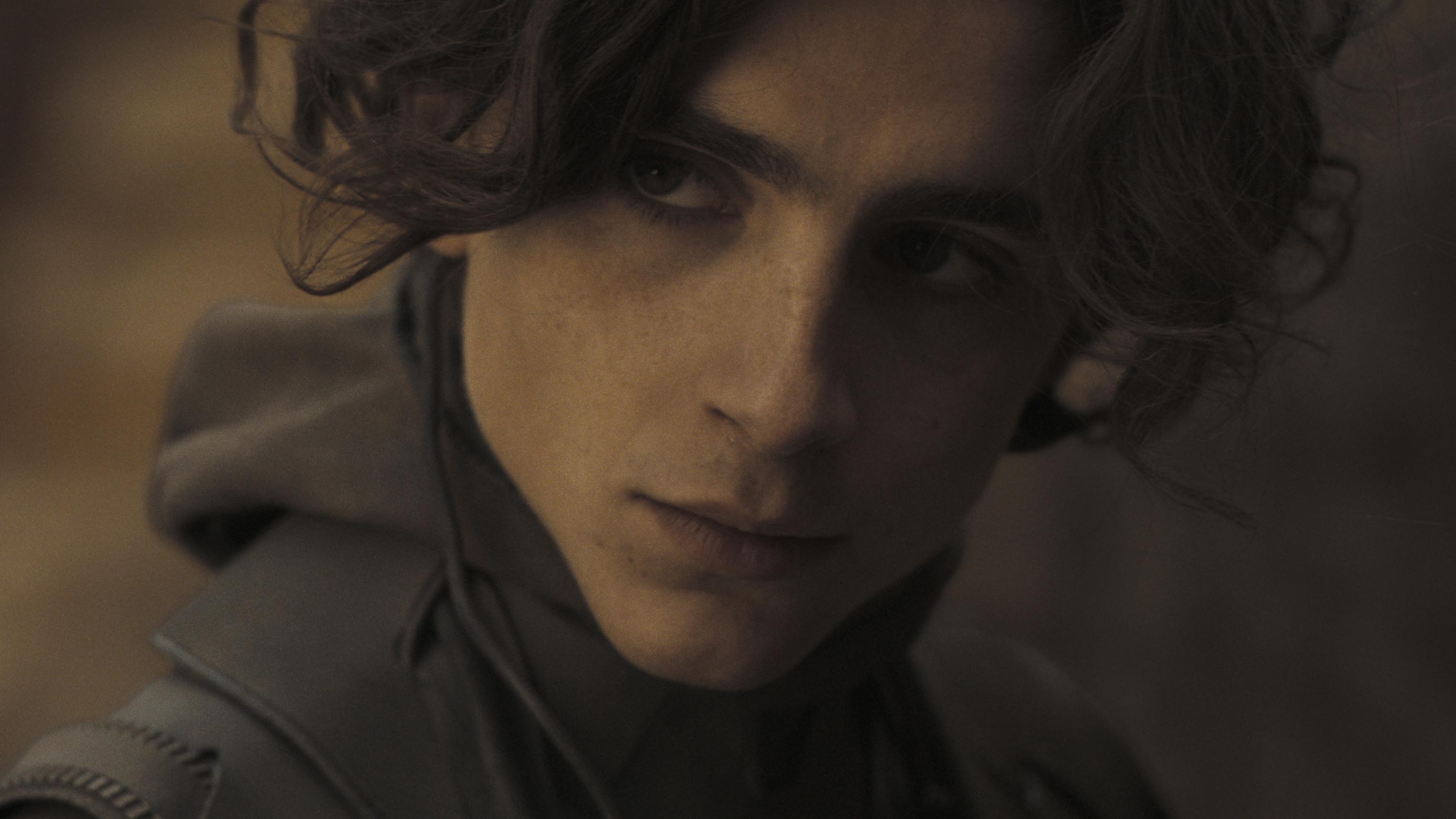
SL: Your version of Dune is obviously very different to David Lynch's in the 80s. When was the last time you saw that movie and did you decide to watch it in preparation or did you want to distance yourself from it?
DV: I watched the movie years ago. I don't remember when I watched it but it was many many many years ago. I really wanted to focus only on the book, by going back to the source material. I always said to everybody, it's not a remake or a reboot, it's a new adaptation. We are going back to the book and we will stay as close as possible to the book and not think about what has been done before. That way I felt that I could be closer to the dream I had as a kid.
SL: Do you still have that book of Dune that you read in your teens?
DV: I do, yes. The book I had as a child stayed with me throughout the shoot. People think that the copy will be old and battered but it's not. I like to take care of books and my notes were taken in other ways but it's still with me. In fact, it's here in England right now.
What I like is the presence of the book as I'm going through the journey. I love the words, they will forever be close to me.
Dune is out in cinemas, Thursday 21 October.
Photo Credits: Courtesy of Warner Bros. Pictures and Legendary Pictures
- The 45 best book-to-film adaptations ever
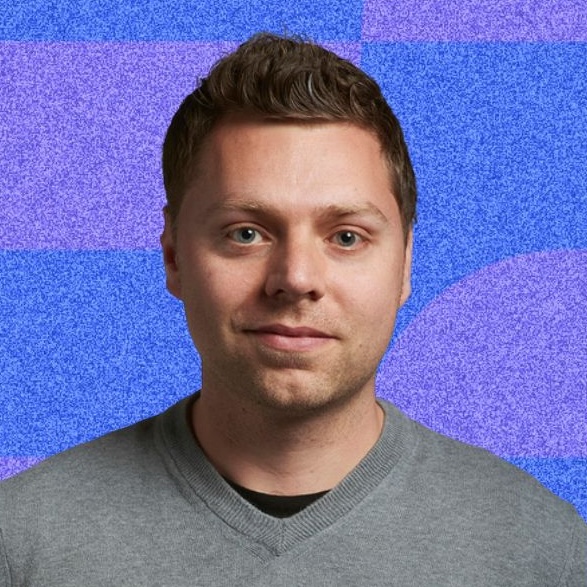
As Content Director of Shortlist, Marc likes nothing more than to compile endless lists of an evening by candlelight. He started out life as a movie writer for numerous (now defunct) magazines and soon found himself online - editing a gaggle of gadget sites, including TechRadar, Digital Camera World and Tom's Guide UK. At Shortlist you'll find him mostly writing about movies and tech, so no change there then.